On 1 July 2025, the European Molecular Biology Laboratory (EMBL) will take over the presidency of EIROforum, which rotates annually between the eight members.
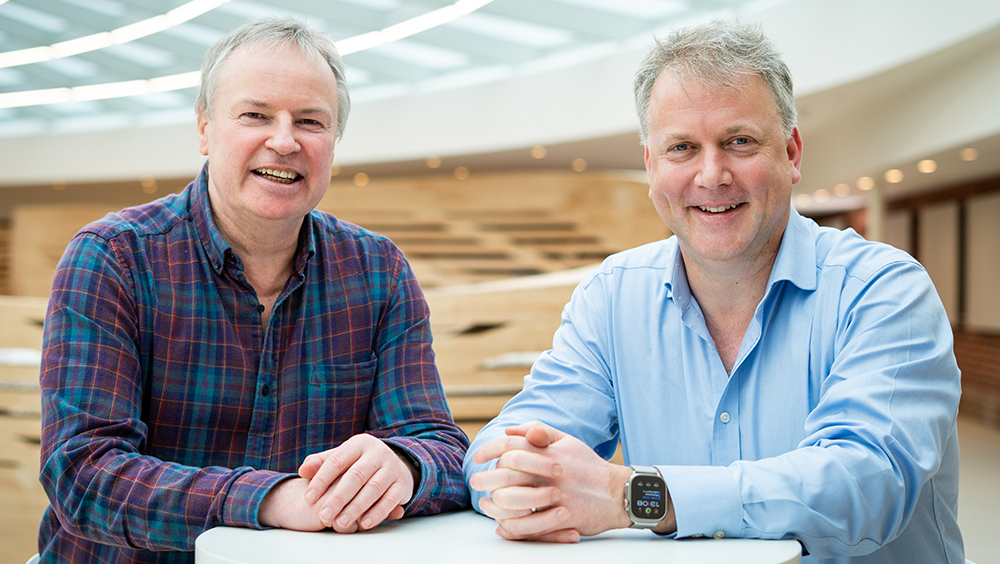

On 1 July 2025, the European Molecular Biology Laboratory (EMBL) will take over the presidency of EIROforum, which rotates annually between the eight members.
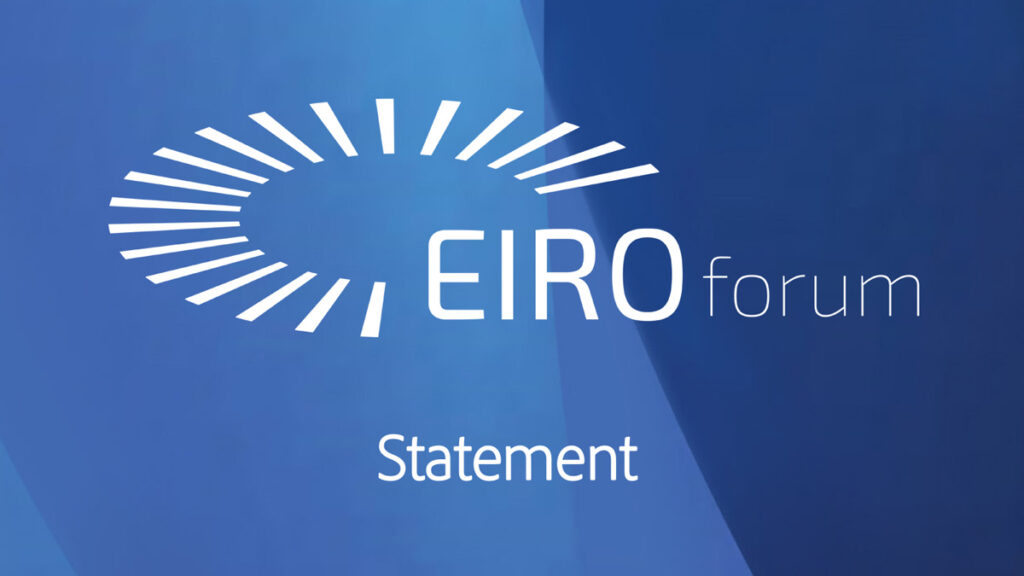
EIROforum calls for a strong EU investment in research and innovation and stresses the vital role of research infrastructures in Europe’s leadership and resilience.
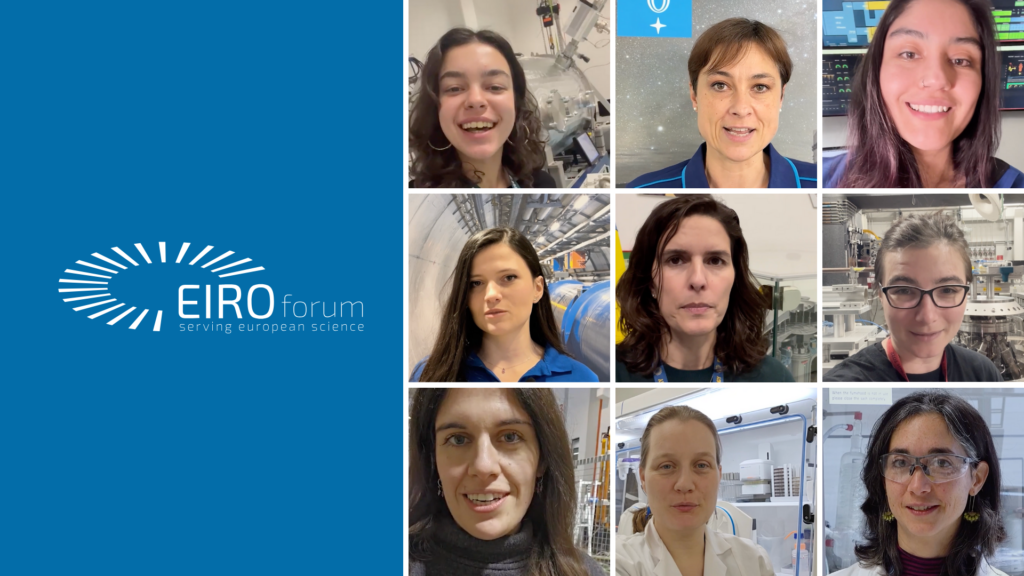
Female scientists from EIROforum member organisations share their fascinating scientific roles and projects to inspire other women and girls to consider a STEM path.
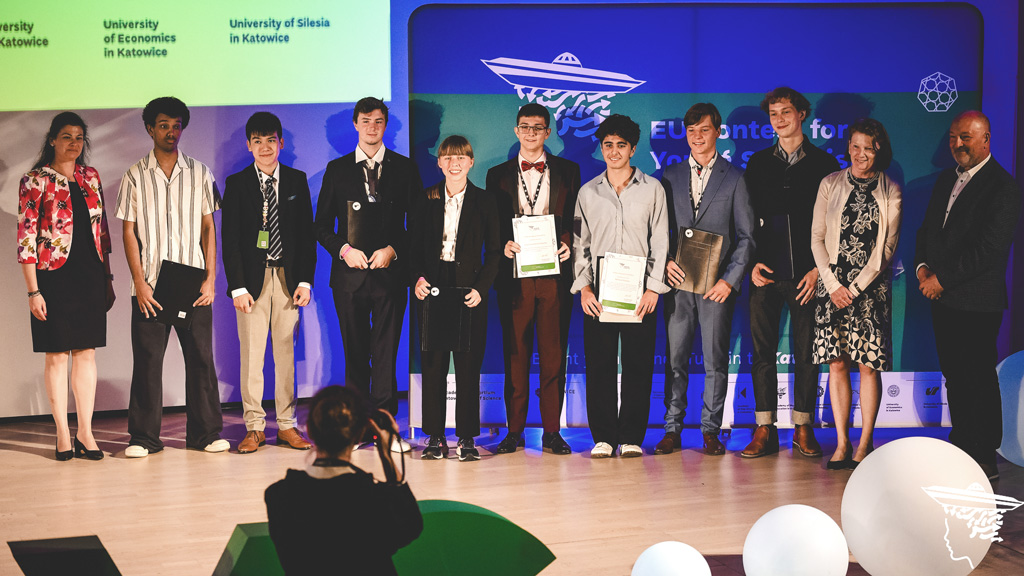
On Friday, 13 September, numerous students were honoured at the European Union Contest for Young Scientists (EUCYS), with Special Donated Prizes sponsored by EIROforum.
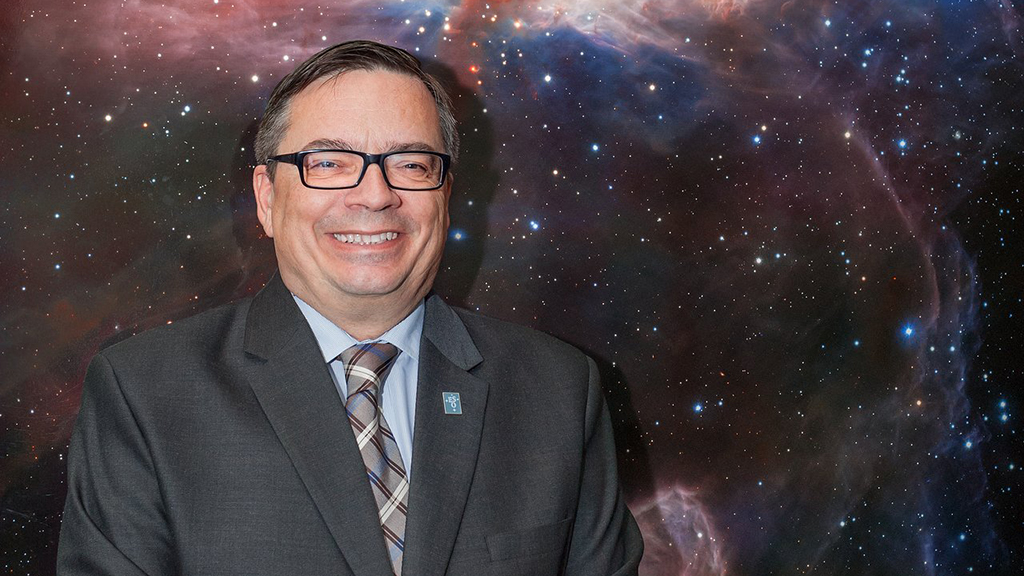
On 1 July, Prof. Xavier Barcons, the Director General of the European Southern Observatory (ESO), assumed the chair of EIROforum, succeeding Prof. Thomas Feurer, the Managing Director of European XFEL.

EIROforum input on the preparation of the next EU Framework Programme (FP10).
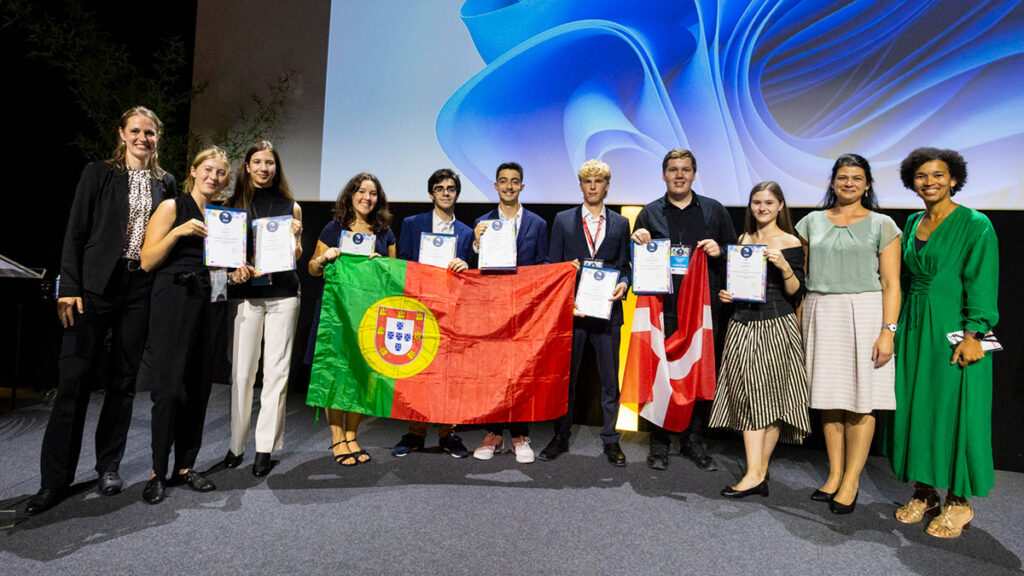
At the European Contest for Young Scientists (EUCYS), on Saturday 16 September, 12 young Scientists were honored with eight Special Donated Prizes sponsored by EIROforum.
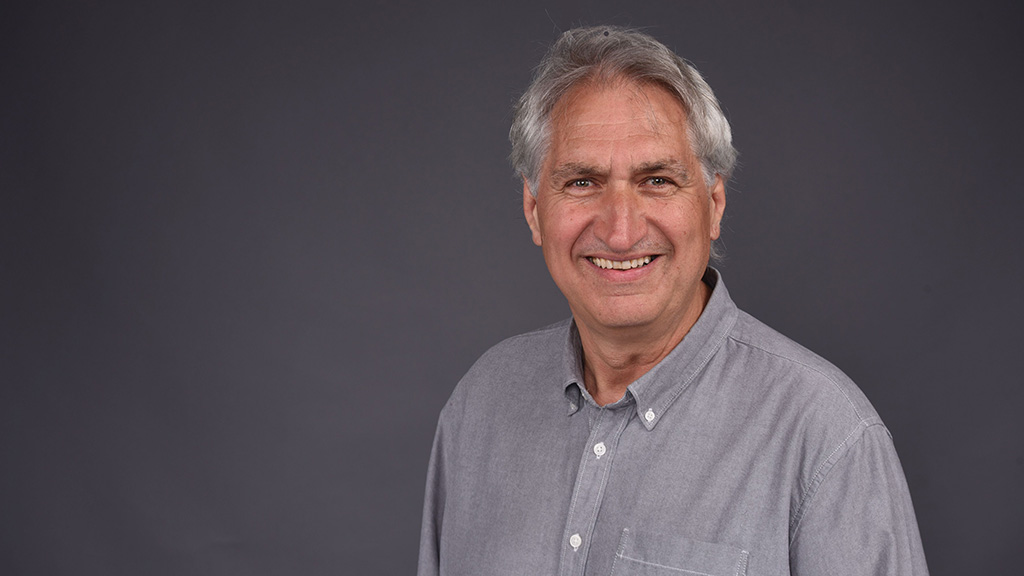
On 1 July 2023, the European XFEL took over the Presidency of EIROforum from ESA.
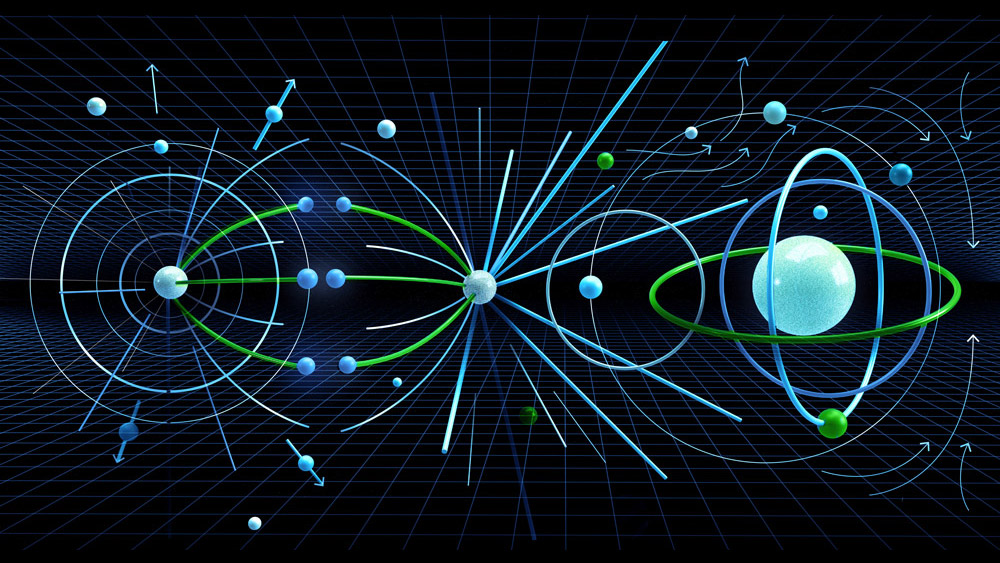
The conference will present cutting edge AI and data science from the EIROforum organisations, and explore how these infrastructures can contribute to scientific progress with societal and economic impact.
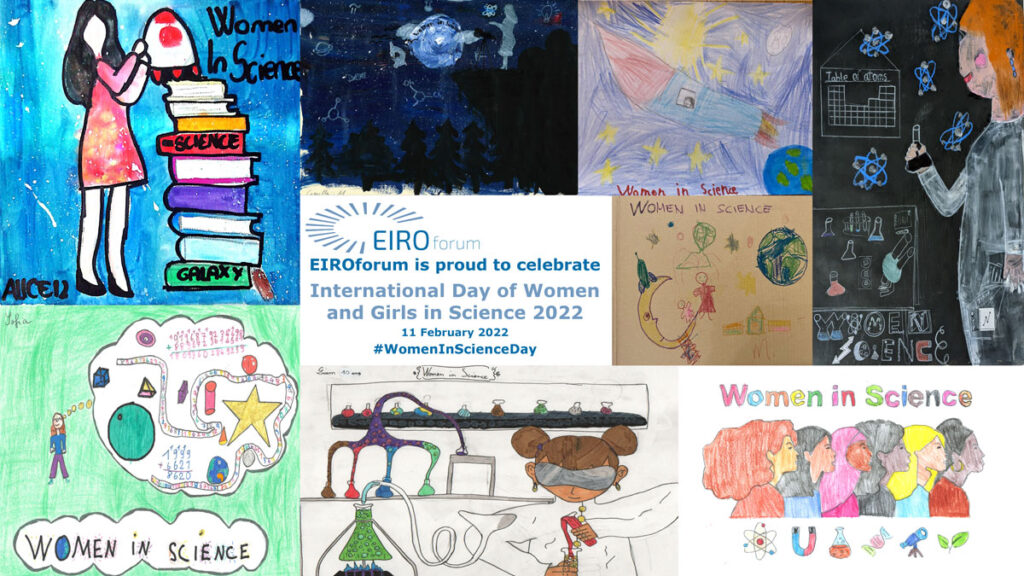
Today, on 11 February 2022, the members of EIROforum wish to celebrate the International Day of Women and Girls in Science.